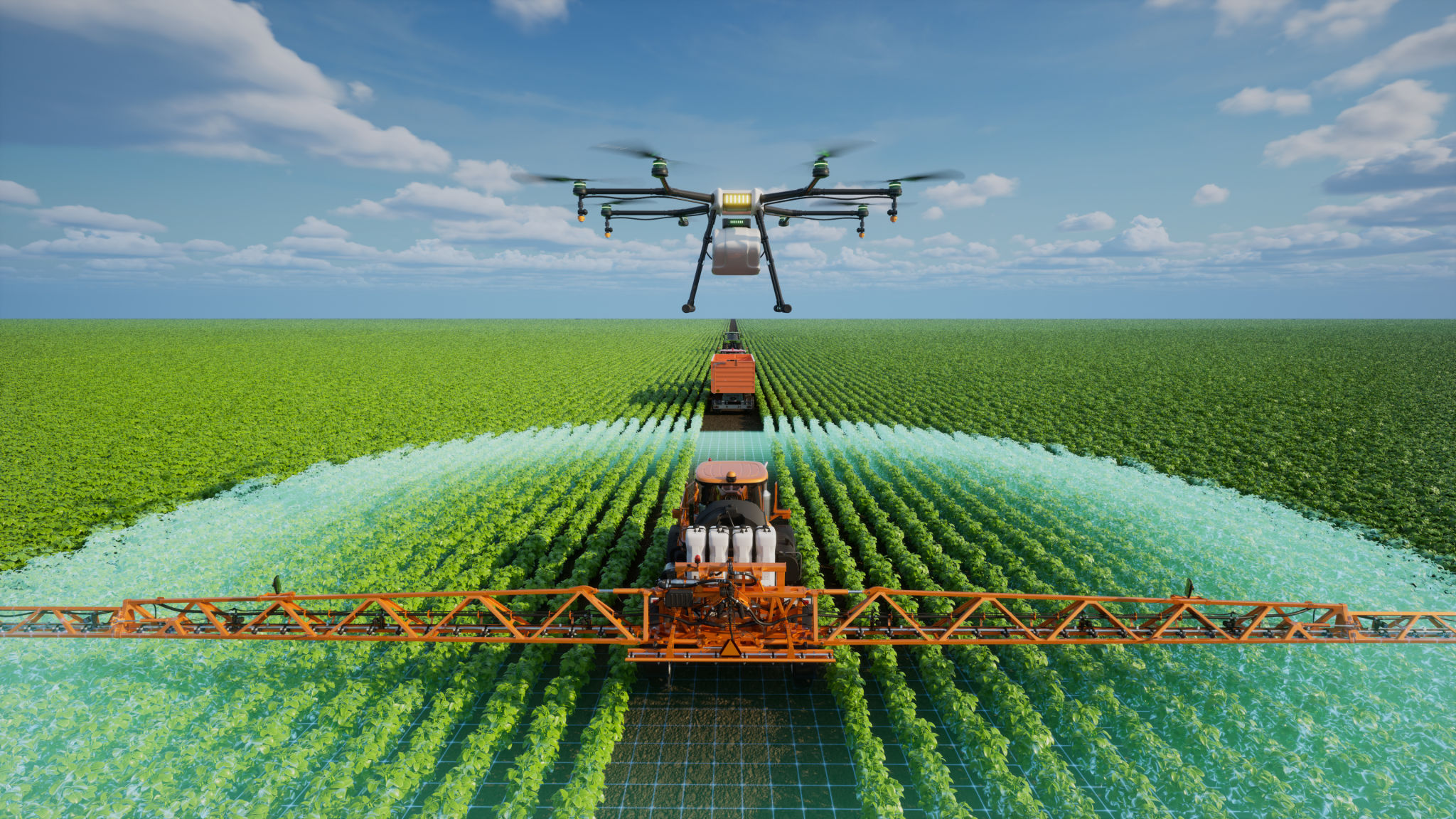Case Study: Successful Trade Partnerships in Brazil's Agriculture Sector
Introduction to Brazil's Agriculture Sector
Brazil is a global powerhouse when it comes to agriculture, renowned for its vast arable land and diverse climate. The country is one of the leading producers and exporters of several key commodities including soybeans, coffee, and sugarcane. Over the years, Brazil has developed successful trade partnerships that have significantly boosted its agricultural sector.

The Importance of Trade Partnerships
Trade partnerships are crucial for the agricultural growth of any nation, and Brazil is no exception. These partnerships enable the exchange of goods, technology, and expertise, fostering economic growth and innovation. In Brazil, strategic alliances have helped in enhancing productivity, ensuring food security, and expanding market reach.
One of the key benefits of these partnerships is the access to new markets. By collaborating with countries and companies globally, Brazilian farmers and producers have been able to tap into new demographics, increasing their sales and profits. Additionally, these collaborations often lead to investments in infrastructure and technology, further enhancing agricultural output.
Case Study: Soybean Trade with China
The trade relationship between Brazil and China is a prime example of a successful partnership in agriculture. As the world's largest importer of soybeans, China relies heavily on Brazilian exports to meet its demand. This partnership has been mutually beneficial, with Brazil becoming the top supplier of soybeans to China.

This relationship has not only increased Brazil's soybean production but also spurred developments in logistics and transportation infrastructure. The construction of ports and improvements in rail systems have been critical in efficiently moving large volumes of soybeans from farms to shipping ports.
Technological Advancements through Partnerships
Another significant advantage of trade partnerships is the technological exchange that occurs. For instance, collaborations with European countries have introduced cutting-edge farming technologies to Brazilian agriculture. These include precision farming techniques, advanced irrigation systems, and genetically modified crops that are more resilient to climate change.
- Precision farming techniques
- Advanced irrigation systems
- Genetically modified crops

Sustainability Efforts in Trade Agreements
Sustainability has become a pivotal theme in modern trade agreements. Brazil's agricultural trade partnerships often include commitments to environmental preservation and sustainable farming practices. This focus on sustainability helps ensure long-term viability and addresses global concerns about deforestation and biodiversity loss.
For example, several agreements include provisions for reducing carbon emissions and protecting natural habitats. These efforts not only contribute to environmental goals but also enhance Brazil's reputation as a responsible player in global agriculture.
Challenges and Future Prospects
Despite the successes, Brazil's agricultural trade partnerships face challenges such as tariff barriers, fluctuating commodity prices, and geopolitical tensions. However, continuous dialogue and negotiations are helping to mitigate these issues.

Looking forward, there is immense potential for Brazil to expand its agricultural trade partnerships further. Innovations in agritech and a growing emphasis on sustainable practices present new opportunities for collaboration and growth. By continuing to build strong international relationships, Brazil can secure its position as a leader in the global agriculture market.
